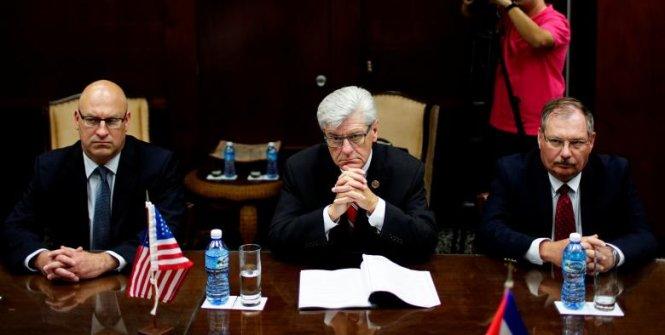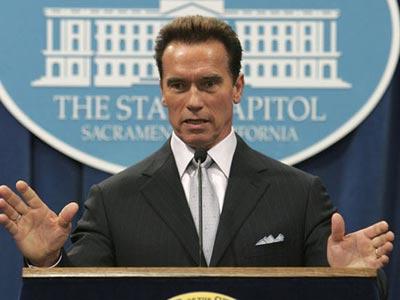The question of whether governors who impede Immigration and Customs Enforcement (ICE) operations should face obstruction charges has ignited fierce debate across the United States. As immigration policy remains a polarizing issue, some state leaders have openly resisted federal efforts to detain and deport undocumented immigrants, citing moral and legal concerns. Critics argue these actions undermine federal authority and could warrant criminal charges, while supporters view them as principled stands against overreach. The clash raises complex questions about federalism, law enforcement, and accountability.

Proponents of charging governors point to the supremacy of federal law. ICE, tasked with enforcing immigration policies, operates under the Department of Homeland Security. When governors issue executive orders or enact policies limiting state cooperation with ICE—such as restricting local police from honoring detainer requests—critics claim they obstruct justice. In 2023, several Republican-led states pushed for legislation to penalize such resistance, arguing that non-cooperation endangers public safety by allowing undocumented individuals with criminal records to evade deportation. They cite cases where released immigrants later committed crimes, fueling calls for accountability. Charging governors, they argue, would deter defiance and ensure uniform enforcement of immigration laws.
Opponents, however, see these policies as legitimate exercises of state authority. Governors in states like California and New York have defended their actions, arguing that ICE’s aggressive tactics often target non-criminal immigrants, tearing apart families and communities. Sanctuary state policies, they contend, protect vulnerable populations and prioritize local resources for public safety over federal priorities. Legal scholars note that the Tenth Amendment grants states significant autonomy, and cooperation with ICE is not mandatory. Charging governors with obstruction could set a dangerous precedent, criminalizing political dissent and eroding state sovereignty. Courts have historically leaned against forcing states to enforce federal mandates, as seen in cases like Printz v. United States.
 The practicalities of prosecution add further complexity. Obstruction charges typically require clear intent to impede federal operations, which is difficult to prove when governors act within their legal powers. Federal prosecutors would face steep hurdles, including public backlash and judicial skepticism. In 2024, attempts to charge local officials for non-cooperation fizzled due to lack of evidence, suggesting governors would be even harder targets. Moreover, such moves could escalate partisan tensions, with Democratic-led states accusing the federal government of weaponizing the justice system.
The practicalities of prosecution add further complexity. Obstruction charges typically require clear intent to impede federal operations, which is difficult to prove when governors act within their legal powers. Federal prosecutors would face steep hurdles, including public backlash and judicial skepticism. In 2024, attempts to charge local officials for non-cooperation fizzled due to lack of evidence, suggesting governors would be even harder targets. Moreover, such moves could escalate partisan tensions, with Democratic-led states accusing the federal government of weaponizing the justice system.
Public opinion remains divided. Polls show a slim majority favors stricter immigration enforcement, but support for sanctuary policies grows in urban areas. The debate also intersects with broader cultural divides, with immigration often serving as a proxy for deeper ideological battles. As the 2026 midterms loom, both sides are leveraging the issue to rally their bases.
Ultimately, charging governors for blocking ICE operations is fraught with legal and political challenges. While the idea resonates with those prioritizing federal authority, it risks inflaming divisions and testing the limits of state power. The resolution may lie in dialogue rather than courtroom battles, but in today’s polarized climate, compromise feels elusive.






